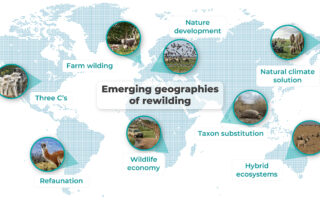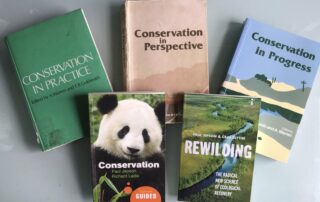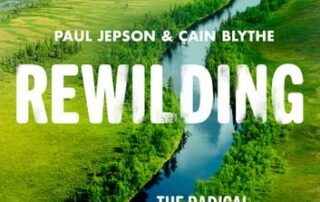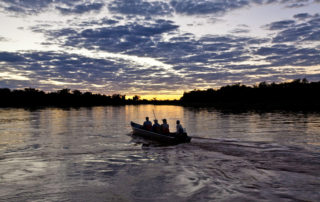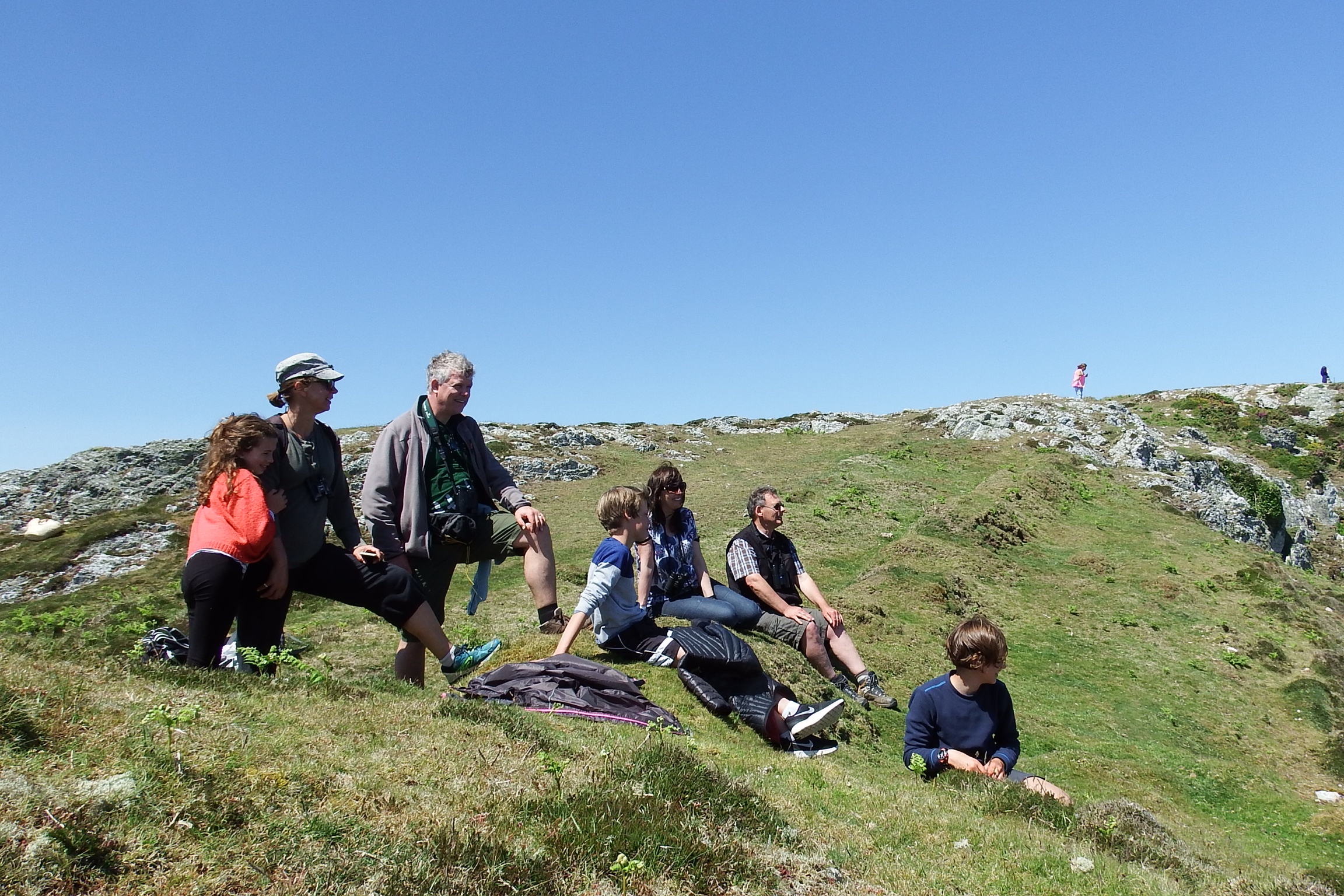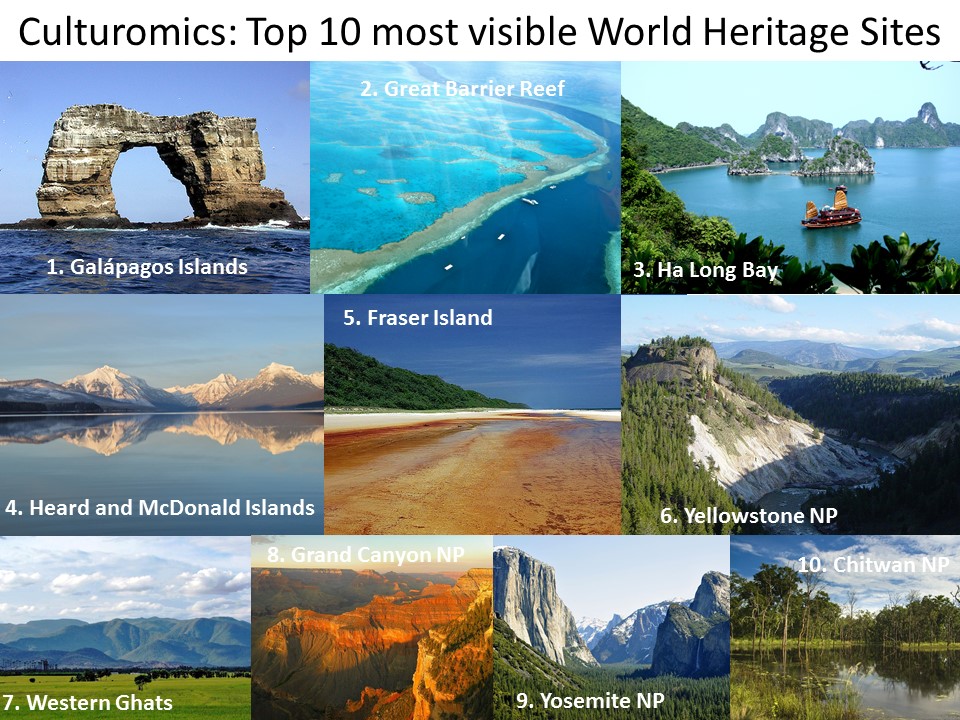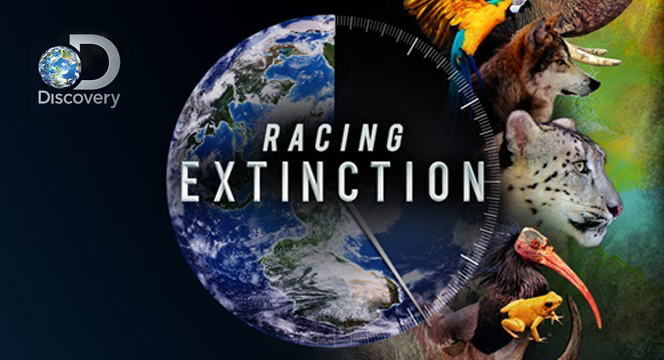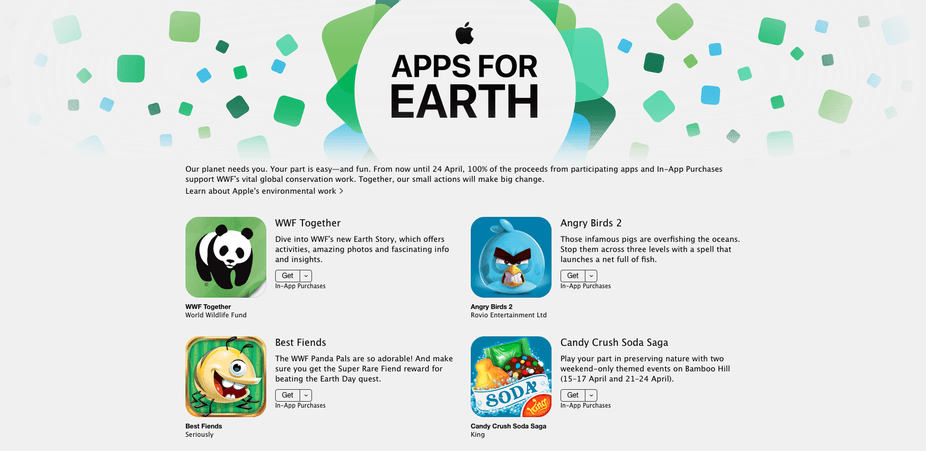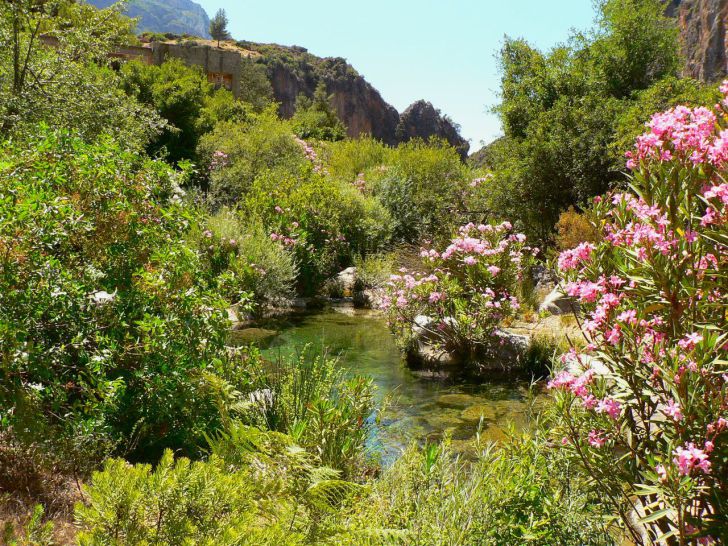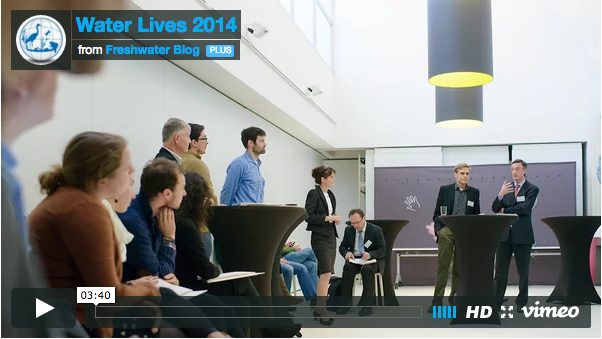Emerging geographies of rewilding
As a geographer I thought I should take the opportunity of the first World Rewilding Day to offer up this brief tour of different versions of rewilding that are emerging around the world. All express the paradigm shift in conservation from managing things – species, habitats and sites - to a focus on restoring the

